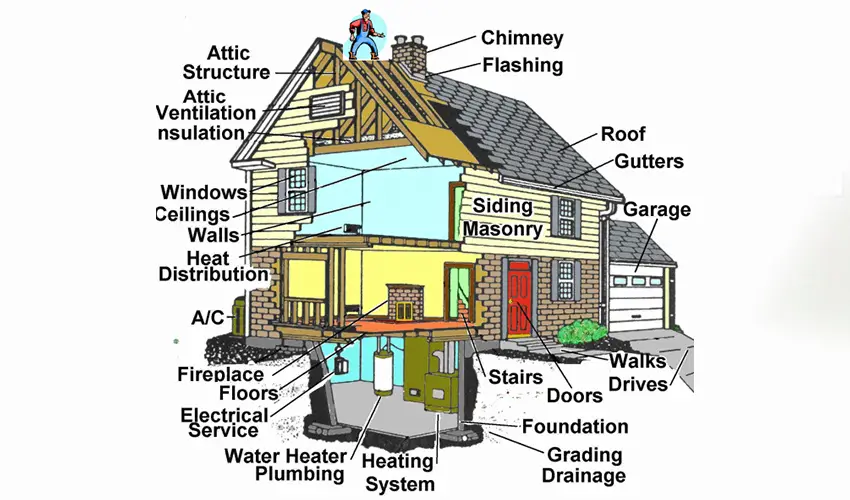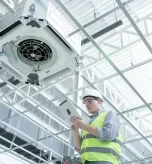Most inspectors will provide recommendations for minor repairs, common maintenance and also life expectancies for larger systems like your AC or roof. Here are a few common mistakes you can avoid when choosing an inspector which can boost confidence in your purchase.
Mistake 1: Hiring the cheapest inspector:
We all love to save money but do your research. Make sure you’re hiring a credible and experienced home inspector. Your realtor can help you with this! Choosing the cheapest option may not indicate the best option. Are they Certified? Do they have E&O insurance?
Mistake 2: Not attending the inspection
It may not be mandatory, but it is wise to be at the end of an inspection for a walk-through. Even looking at a detailed report is not the same as being present for the inspection. Don’t lose your opportunity to be face-to-face with the inspector and ask them questions. Of course, if you cannot make it, We are always happy to communicate with you the findings over the phone after you have read the report.
Read More: How to Keep Your Fireplace Safe
Mistake 3: Skimming over the report
Don’t just glance at the report. Inspection reports can be quite lengthy and tedious, but you don’t want to miss the details. Now is your time to address and negotiate requests for repairs with your realtor, so set aside time to read the report carefully.
Mistake 4: Avoid asking questions
Don’t feel like you’re bothering your inspector when you ask them a question. Some buyers tend to feel embarrassed or like they may look foolish for asking questions. Inspectors expect questions. That is part of their job. Many of the inspectors I work with enjoy teaching buyers and sharing their expertise.
Mistake 5: Expecting a perfect report
This is not a pass-or-fail test. It’s an inspector’s job to point out everything from small minor repairs to larger concerns. Inspectors look at numerous items, so don’t be surprised when you see multiple deficiencies noted. The key is to understand which items are simple fixes and which items require a more extensive repair.
Read More: Foundation Retrofit Costs and Considerations
Mistake 6: Focusing on the wrong things
Not all deficiencies are equal. When you start nickel-and-diming a seller, they can start to feel offended. Sellers are generally more receptive when they’re given a reasonable list of requests. Pick the items that are most important to you by focusing on the items that keep the house sound and functional. Remember mistake #5 and that there is no perfect home inspection.
Mistake 7: Forgoing additional testing
Sometimes an inspector will recommend further evaluation and ancillary inspection(s) by another trade to itemize potential costs. Sewers, chimneys, foundations, roofs, HVAC, and mold are some examples. Some specialist(s) may provide a free evaluation, but even if they charge, this small investment should be made so you are not paying more further down the line. This allows you to get a statement of fact to either be aware of or present the findings and discuss during your contingency period.
Mistake 8: Skipping the re-inspection of repairs
Once repairs are completed, you should have the inspector review the work. Make sure everything is done completely so you can have peace of mind at the closing table.
If you’re in the market to buy a home, I can help you navigate through the purchase process and inspections. Contact me today if you have more questions or want to get started.





